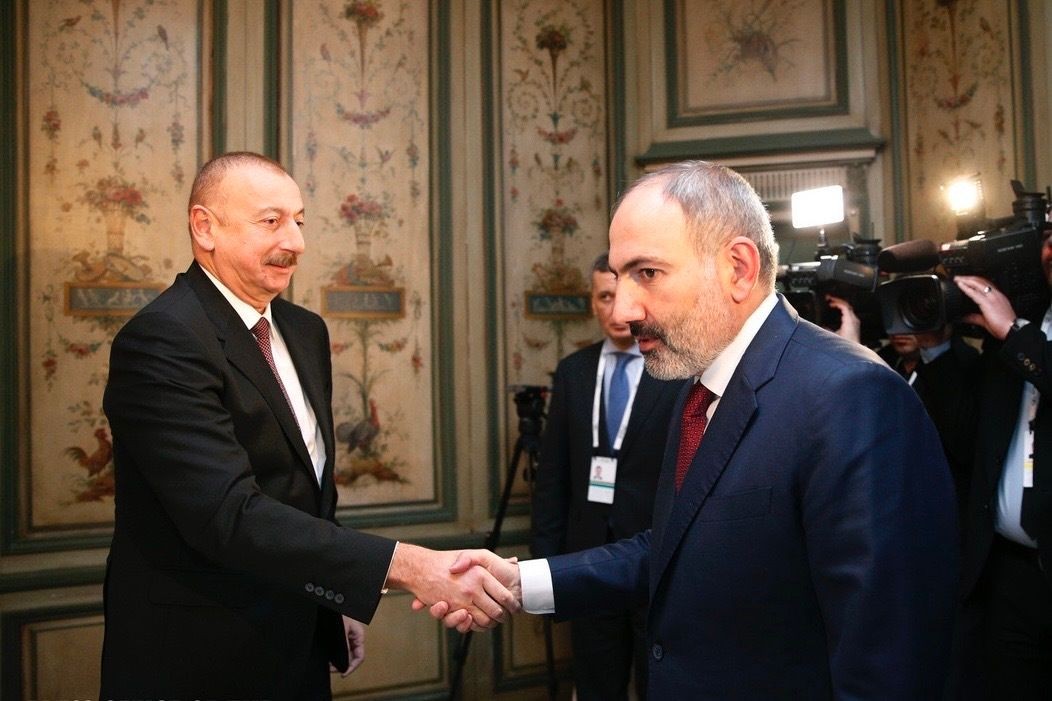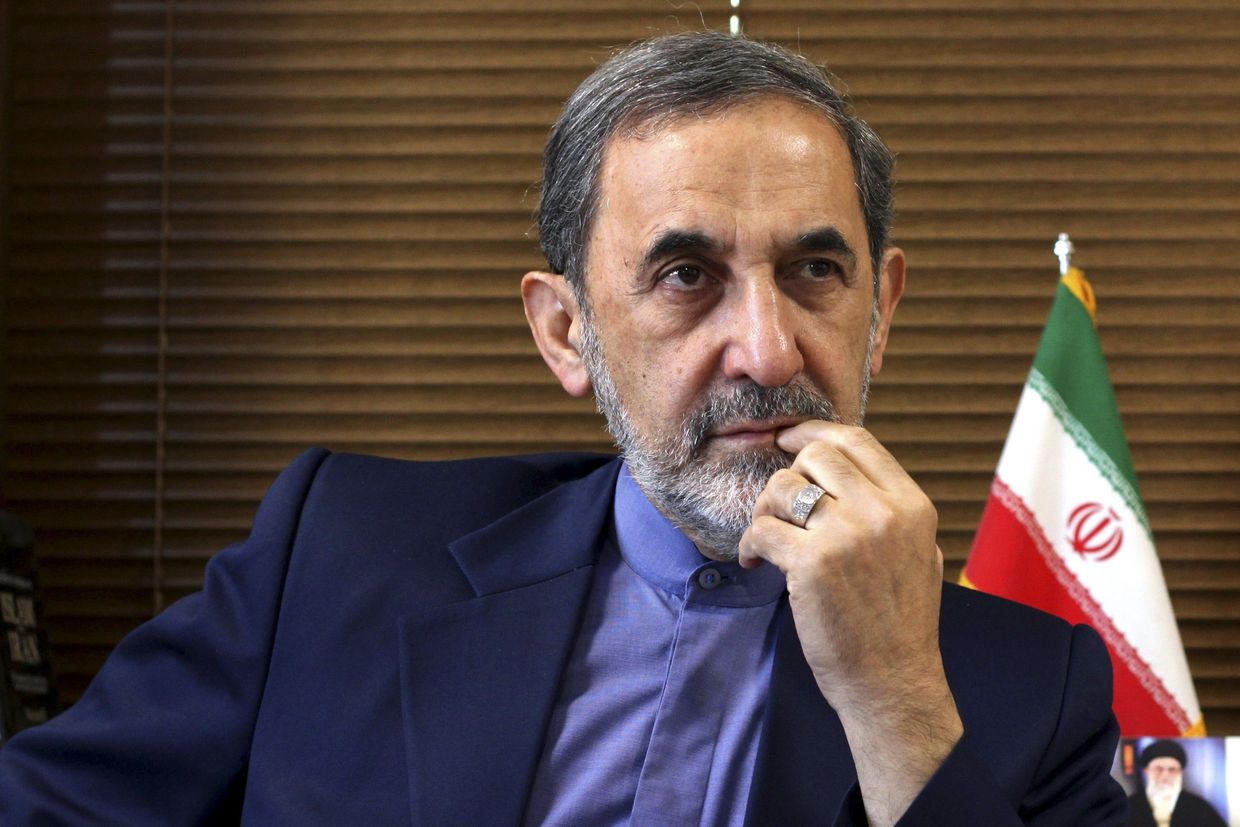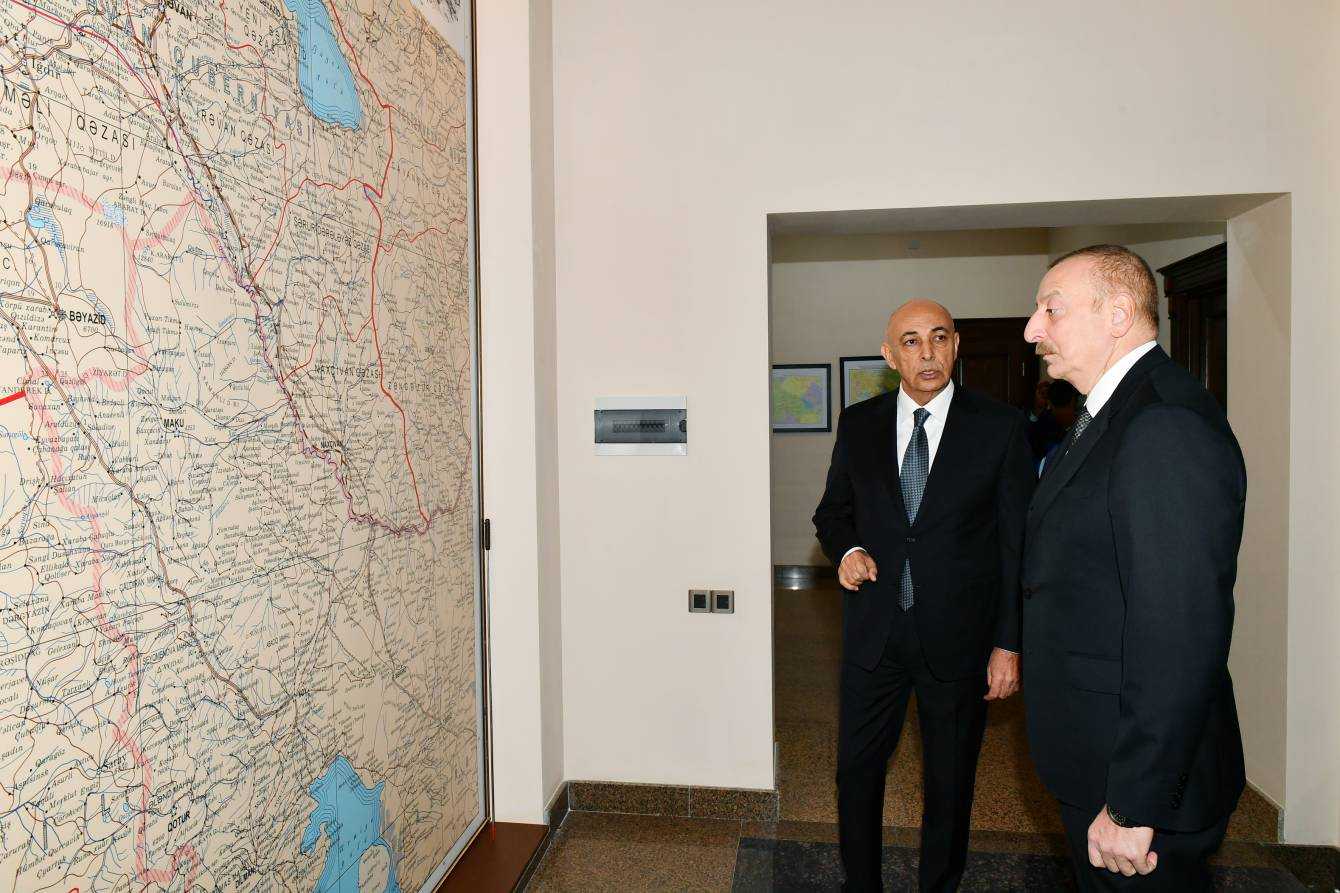
Armenian Prime Minister Nikol Pashinyan and Azerbaijani President Ilham Aliyev are reportedly set to possibly ‘announce a peace deal’ after meeting with US President Donald Trump in Washington.
The three leaders are expected to meet on Friday.
Following media reports earlier this week, Armenia officially confirmed that Pashinyan would undertake a two-day visit to the US on 7–8 August.
Pashinyan’s office noted that in Washington DC, he will have a bilateral meeting with Trump and a trilateral meeting between him, Trump, and Aliyev, ‘aiming to advance peace, prosperity and economic cooperation in the region’.
According to the Azerbaijani state-run media outlet Azertac, Aliyev will travel to the US on Wednesday, and his visit is of ‘particular importance not only in terms of Azerbaijani–American bilateral relations but also in the context of regional stability and global security’.
The news of an alleged meeting at Washington DC emerged on Monday, with journalist Alex Raufoglu suggesting that Trump ‘is expected to host both’ Pashinyan and Aliyev in the White House, where they are ‘poised to announce their intention for peace’.
Raufoglu later said that Trump would first meet with Pashinyan, then Aliyev, before the three leaders issue a joint statement.
The unprecedented meeting between the three leaders comes amidst discussions of a proposal that would see the US either assisting in unblocking regional transit links between Armenia and Azerbaijan or ‘taking over’ a road that would connect Azerbaijan to its exclave of Nakhchivan through Armenian territory. A proposed road through Armenian territory has been a major sticking point in the ongoing peace talks between Baku and Yerevan.
The road has been dubbed the ‘Zangezur corridor’ by Azerbaijani officials and pro-government media.
In July, Trump said that the US ‘worked magic’ in the peace talks between Armenia and Azerbaijan, saying ‘it’s pretty close if it’s not already done’.
No official agenda yet
As the agenda of the talks is yet to be announced officially, international media has cited several sources suggesting that some sort of document would be signed.
On Tuesday, The Washington Post cited a senior anonymous White House source as saying ‘it was possible that a peace agreement could be announced between Azerbaijan and Armenia as leaders from the countries meet with Trump on Friday’.
The Washington Post also noted that the meeting ‘is the latest example of the president’s efforts to bring about an end to international conflicts — and to receive credit for doing so’.
On Wednesday, Reuters reported, citing an unnamed US official, that ‘it was possible that the framework for a peace agreement could be announced at Friday’s meeting’.
Earlier this week, on Monday, Middle East Eye, citing regional sources, reported that Azerbaijan and Armenia at the White House ‘are expected to sign a memorandum of understanding’ in Washington ‘committing to the pursuit of peace’. Their sources stressed that Aliyev and Pashinyan would sign a ‘letter of intent’ rather than a draft peace agreement.
The outlet additionally cited their sources as saying that the signed document would provide Trump ‘with a diplomatic achievement he has been seeking in the region since last month’.
Middle East Eye has also reported that Azerbaijani Foreign Minister Jeyhun Bayramov held a phone call with his Turkish counterpart Hakan Fidan on Monday to inform him about the summit.
Third Pashinyan–Aliyev meeting of 2025
Friday’s talks at the White House would mark the third public meeting between Pashinyan and Aliyev this year.
Their first meeting took place on 16 May on the sidelines of the European Political Community summit in Tirana, Albania. It was the first meeting between the two leaders since they agreed on the text of the peace treaty in mid-March. The treaty has since remained unsigned, with Azerbaijan pushing preconditions.

The second meeting took place on 10 July in Abu Dhabi and included extended talks involving both delegations, which appeared to have lasted around five hours.
The Russian state-run news agency TASS has cited a source as saying that the meeting in Abu Dhabi aimed at ‘resolving contradictions surrounding the peace treaty in order to sign it by the end of the year’.

Iran to ‘respond firmly’
Iran appears to strongly oppose US mediation in unblocking transit routes in the region, with high-profile officials issuing multiple warnings and scathing remarks in the past weeks.
On Monday, Ali Akbar Velayati, the senior adviser to Iran’s leader Ayatollah Ali Khamenei, wrote on X that ‘some governments have raised the issue of Zangezur corridor and are knocking on every door to advance illegitimate goals in the South Caucasus’.
Velayati’s use of the term ‘Zangezur corridor’ appears to imply Iran believed that Armenia would be forced to make concessions to Azerbaijan by agreeing to the establishment of the route.

Iran enjoys warm ties with Armenia, but maintains a tense and uneasy relationship with Azerbaijan, which is allied to its regional rival, Israel.
Velayati concluded his post with a warning that ‘any government in the region or beyond that seeks to repeat past failed experiences will face a firm response from Iran’.
At the end of July, Khamenei called the corridor a US and Israeli scheme to ‘undermine Iran’s national security and strategic ties’.
On Tuesday, in a meeting with Armenian President Vahagan Khachaturyan, Iranian First Vice President Mohammad Reza Aref, expressed Tehran’s stance that ‘resolving regional issues should be done without the interference of foreign countries’.












